The Art of Delusion: Reading Don Quixote on Jeju Island
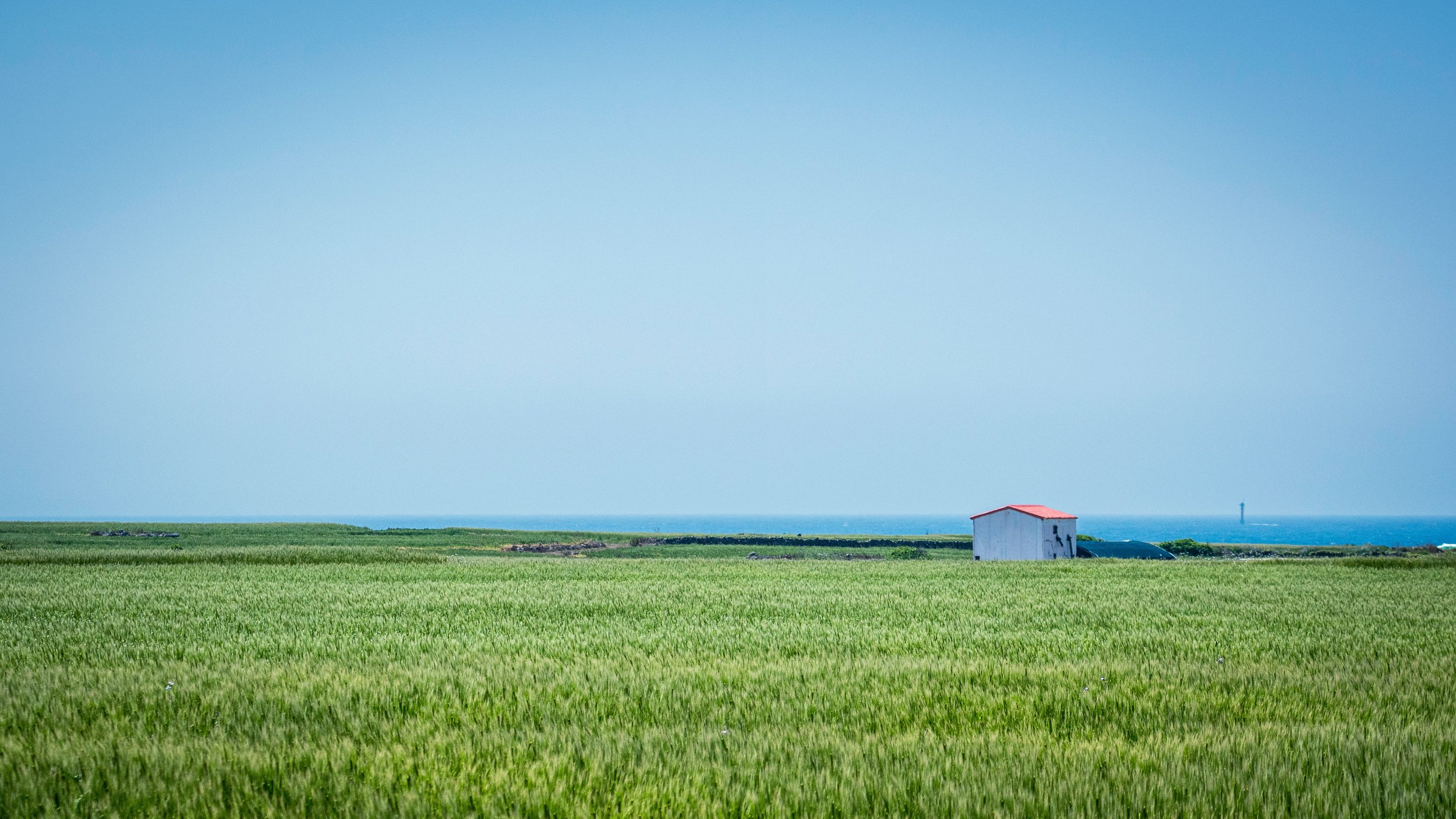
Standing on the Ttarabi volcanic cone on Jeju Island, my parents and I pressed our hats to our heads while we counted the wind turbines on the horizon. There were over a dozen, their propellers spinning furiously in the wind.
“Jeju-do is famous for its abundance of three things,” appa remarked. “Guess what they are.”
Harder than conjuring an answer was choosing one. My mind turned to picturesque clichés: hallabong-mandarin hybrids squeezed into four-dollar bottles of juice, strips of black pig fried on smoking grills, the smiling harubang with their stone hands pressed against their pockmarked bellies.
Appa’s answer was not so dreamy. “Rocks, wind, and women,” he said, laughing.
It was our first day on Jeju. For lunch, we’d chewed through stubborn cuts of black pig at an open-walled restaurant facing one of the island’s volcanic cones, the first of many essential exercises of visiting Korea’s most mythical place. We undertook them all: visiting a green tea field; taking winding drives around the island’s palm-lined periphery; and climbing Mount Hallasan, hoping for blue skies though the peak is shrouded in mist over two-thirds of the year.
You could say our desire was quixotic. This word lingered in my mind that summer, and I carried Miguel Cervantes’s Don Quixote wherever I went. The book was a graduation gift I’d received before returning from my college in America to Seoul, where, over hours spent on the safe and stifling space of my parents’ sofa, I found it poignant that the first book in the knight’s two-part tale ends with his return home after a failed adventure. He is “skinny and yellow and lying on a pile of hay,” Cervantes describes, pitiful in a way he hasn’t yet been, and dejected in just the way I felt: restless and fearing that I had loose ends to tie elsewhere. This feeling didn’t go unnoticed by my umma, who suggested that we go on a trip.
“We could go anywhere,” she said, “Even to Jeju.”
***
“Like Quijano, I had grown up in a world of real-not-real books that taught me life could be other than what it was.”
If Jeju Island had a theme song, it would be Choi Seong-Won’s 1988 ballad The Blue Night of Jeju Island, which begins with the hurtling sound of ocean waves and an invitation to run away. Let’s throw everything aside, Choi warbles, and escape, just the two of us, to the blue evening skies of Jeju-do. That summer, one still redolent of pandemic blues, seemingly the entire country turned to Jeju Island as a place to escape. In overpriced coffee shops, I found Jeju matcha lattes and hallabong-ades hidden among the espressos. In convenience stores, images of Mount Hallasan gazed at me from water bottles stacked by the dozen. Maybe umma had a point: on Jeju, we could eat good food and climb the country’s tallest mountain, hopefully casting away my insidious mourning of my dreams.
But when we finally got there in late August, we were quick to realize that Jeju was not exactly what we’d expected. My parents’ favorite volcanic cone was closed, apparently to preserve it from the trampling feet of tourists. When we attempted to find the perfect Jeju café, we were indecisive, unlucky: one place was too hot, another closed, another not quite what we wanted. As the sun began to set, we settled simply for the nearest café, where we drank coffee and shared the only thing on the menu that hadn’t sold out.
We climbed Mount Hallasan on our second day. For hours, we walked up wooden-planked steps and along paths buttressed by woven hay, taking breaks to snack on omegi rice-cakes and Free Time chocolate bars. At the four-hour mark, we finally broke through the cloud top and saw them fall to the wayside like a frothing ocean held in suspense: a brilliant, stunning view with no signs of rain.
“We are so lucky,” umma remarked, as we climbed the final planks leading to the Baeknokdam crater at the peak. Free from mist, the crater sat crystal-clear below us like a cupped palm pooling sapphire water, oblivious to the families pulling off their face masks to take selfies, or the disembodied voice bellowing through the loudspeakers: Please keep your masks on if you are not taking pictures, thank-you-very-much.
The voice belonged to a lone man standing at the entrance of a dome-shaped guardhouse with a walkie-talkie in his hand. When we passed him on our descent, he told us that he had to hike the entire height of the mountain to arrive at his post.
“What a dream job for someone who loves hiking,” umma observed. “I have a friend whose husband wants a job like yours when he retires.”
Clothed in a dark orange sports shirt, the man resembled one of the many tourist-hikers that afternoon. “The government employs me,” he replied simply, “so I do what I’m told.”
Umma nodded, placed her arm around my shoulder, and we walked away in a pensive silence.
***
At the heart of the world’s first modern novel is a protagonist who is immersed so deeply in fictional stories that he fashions one for himself. Alonso Quijano—the man who adopts the name and role of the titular Don Quixote—begins the novel as an avid consumer of chivalric romances in which knights ride their steeds into the Manchegan desert. When he decides that he wishes to be a knight errant himself, he saddles his horse, Rocinante, the thrill of adventure buzzing in his bones and with great delight at how easily his desire is realized. To further fulfill his fantasy, he enlists a squat and simple-minded squire, Sancho Panza, who agrees to accompany the knight as long as he will be gifted an entire island after the journey is done.
Like Quijano, I had grown up in a world of real-not-real books that taught me life could be other than what it was. My version of the Manchegan desert were the English-language schools I grew up attending in Hong Kong, where the annals of American media informed the foundations of my cultural and social coming-of-age. Coddled, as my classmates and I were, in an expatriate bubble of junk boat birthdays and “educational” school trips abroad, we had the privilege to believe that real life was elsewhere: not in Hong Kong nor the countries where our families were from, but in the lands where our practiced fluencies in English would unlock the riches we imagined. We imagined locker-stacked hallways and road trips, the possibility of proving ourselves “home” in these faraway places, of entering the famed hall of foreigners who eventually wrestled themselves into the cultural center of the world.
I believed, for a long time, that this center was where I needed to be. My decision to study in the U.S. was less an aberration than it was a dream long deferred; when I finally arrived in JFK airport in 2017, I felt the kind of invincibility that only dreams can elicit. The more I saw of America—its verdant campuses, its magazines, the English I could speak better than the Korean I spoke with my parents—the more eager I was to become a part of it. But the longer I stayed, the more obvious it became that I could not inherit this country and its opportunities. In America, I could become a person of color but not an American. I could be welcomed at the airport but only with a visa document, hired for a job but only on the whims of a lottery, desirable but only on the condition that I was smart, lived by American values, and still intended to return to wherever I had come from when my allotted time was up.
But for four years, I willed myself to believe otherwise, not least because I was convinced I’d already given up too much. What would I do in Korea, where I knew few people besides my parents? Where the language still sat askew on my tongue, and where everything I’d spent my four American years studying—including Spanish and Portuguese—would collapse into a thin mist?
“In the matter of undertaking adventures,” Quixote says, in a moment where he willingly puts himself before two foreboding lions, “it is better to lose with too many cards than too few.” In scenes of lucid delusion like this one, he suggests that it takes courage to believe in the way one thinks a situation, or a place, ought to be. Sometimes this courage is foolish. But foolishness does not necessarily mean that this courage is ill spent.
I had left for America believing I had nothing to lose and much to gain; and I did gain a lot, if not what I expected. I studied new subjects, met my first love, explored a range of careers. By the time I left with two suitcases and a backpack, I knew I had done all that I could, and that by having gone abroad at all, I had opened the doors to a new relationship with the home I had left. I could choose to face the difficulties of my homecoming with nostalgia for what I had lost, or, like Don Quixote, with a hell-bent willingness to overlook my doubts for a near-unassailable level of courage.
***
“I could choose to face the difficulties of my homecoming with nostalgia for what I had lost, or, like Don Quixote, with a hell-bent willingness to overlook my doubts for a near-unassailable level of courage.”
As umma and I walked away from the man at the guardhouse on Mount Hallasan, we sheepishly laughed about the fact that another of our Jeju illusions had been proven wrong: how effortless we thought appreciating the island’s beauty would be, how eager the rest of Korea was to gush about it. But here, too, Don Quixote had a lesson for me. Every mishap on his and Sancho Panza’s journey—getting beaten up by a windmill, tossed in a blanket, ridiculed for slashing a wine bag believed to be a monster—calls for the same, if not greater, appreciation than their triumphs. Had it not been for those misadventures, who would have found the book half as delightful? And where would we readers be, centuries later, had the two voyagers not ventured out again despite the travails of the first book, seeking a mission they were moved to finish?
Besides, in Korea I was already in possession of one of the book’s core motifs. Regardless of the tragedies that befall them, Don Quixote and Sancho Panza not only carry on, but do so together. In the negative space of their illusions are the everyday consistencies that, in sun or in rain, will never change, and my courage to face new experiences at home could be bolstered by the fact that, at the end of the day, there would always be someone who loved me by my side.
At the end of our hike, my parents and I climbed into our rented car and drove the winding mountain roads down to dinner. Dusk was arriving by then, washing the surrounding trees in a gentle, golden glow. Several other cars drove calmly down behind us, likely on their way to the next stops on their Jeju tour; whether they would find what they were searching for, I wasn’t certain. But what did it matter? Above us, the sky melted into its evening shades, and from the vantage point of the mountain we caught glimpses of the island stretching ahead, undulating with hills and surrounded by endless water. I cracked open my window just a little to feel the wind rushing by. If one listened closely enough, you could almost hear it beckoning us into the incoming blue night.
ABOUT THE AUTHOR
Jimin Kang is a writer from Seoul, South Korea and Hong Kong. Currently a master's student in comparative literature and critical translation at the University of Oxford (where Don Quixote has since re-appeared in her studies!), she has previously written for Reuters, The Nation, Narratively, and Cha: An Asian Literary Journal, among other places. Find her on Twitter @jiminkanggg.
Read Jimin’s “Behind the Essay” interview in our newsletter.
Header photo by Juliana Lee
Edited by Claudia Crook
Jimin Kang is a writer from Seoul, South Korea and Hong Kong. Currently a master's student in comparative literature and critical translation at the University of Oxford (where Don Quixote has since re-appeared in her studies!), she has previously written for Reuters, The Nation, Narratively, and Cha: An Asian Literary Journal, among other places. Find her on Twitter @jiminkanggg.


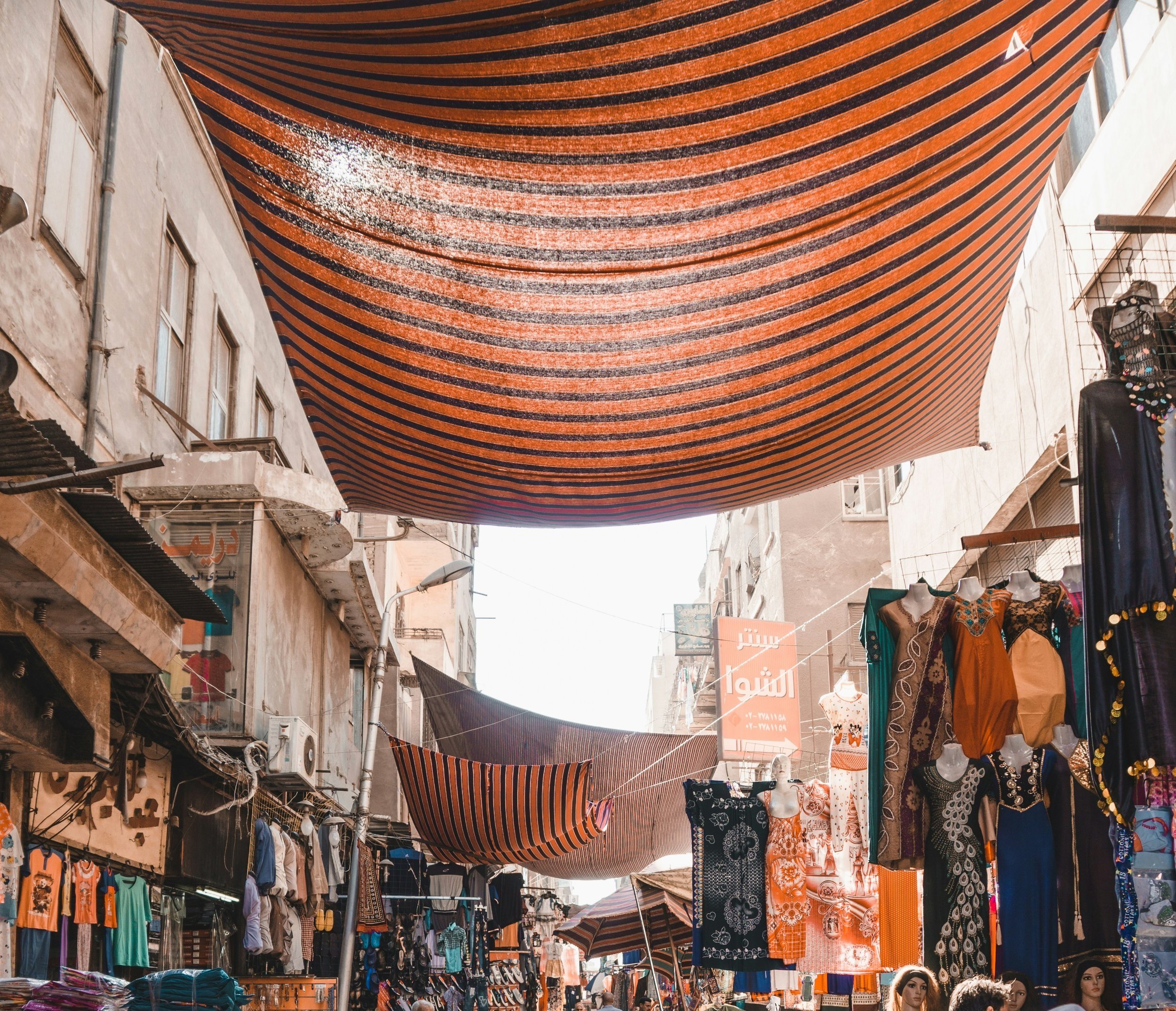
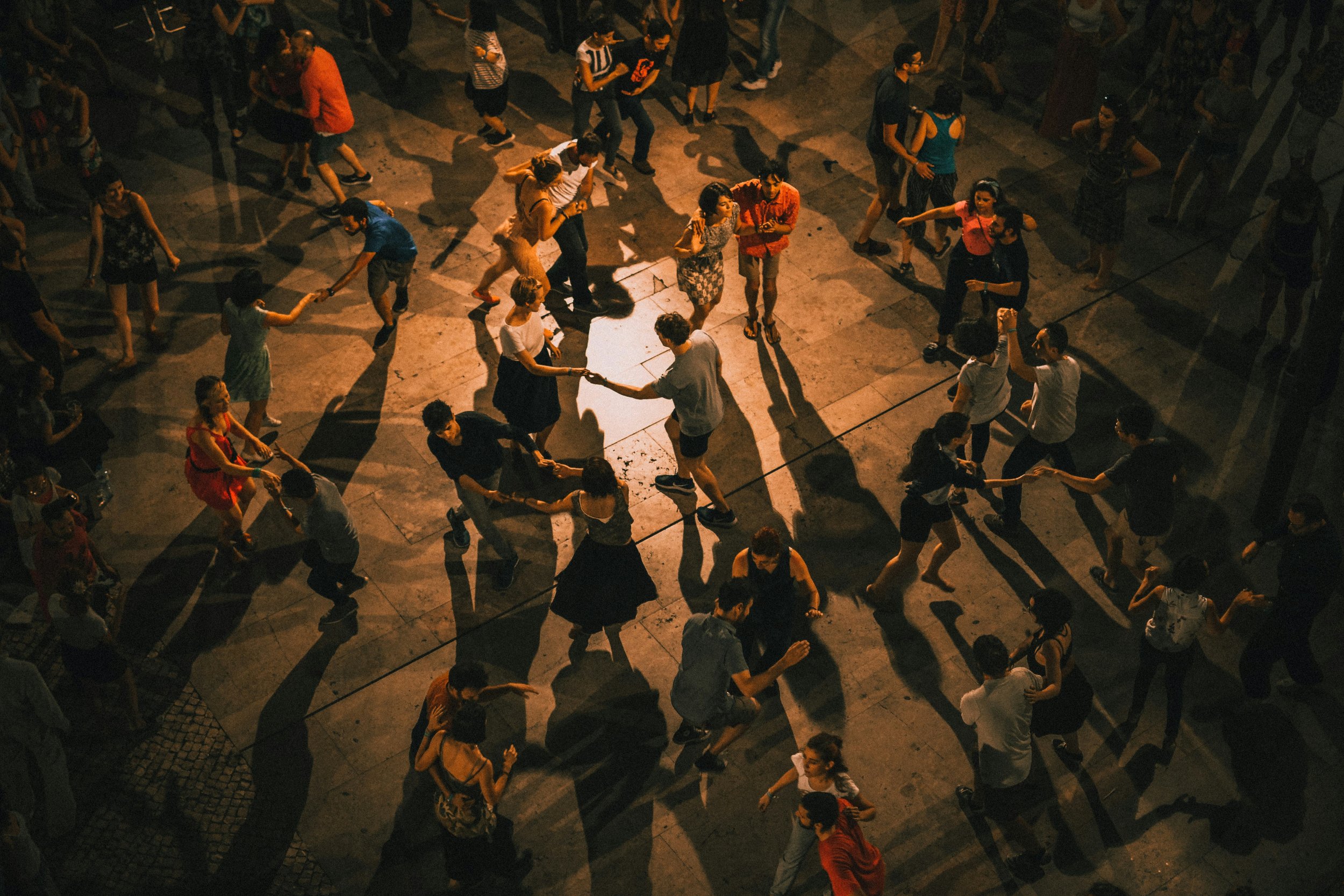
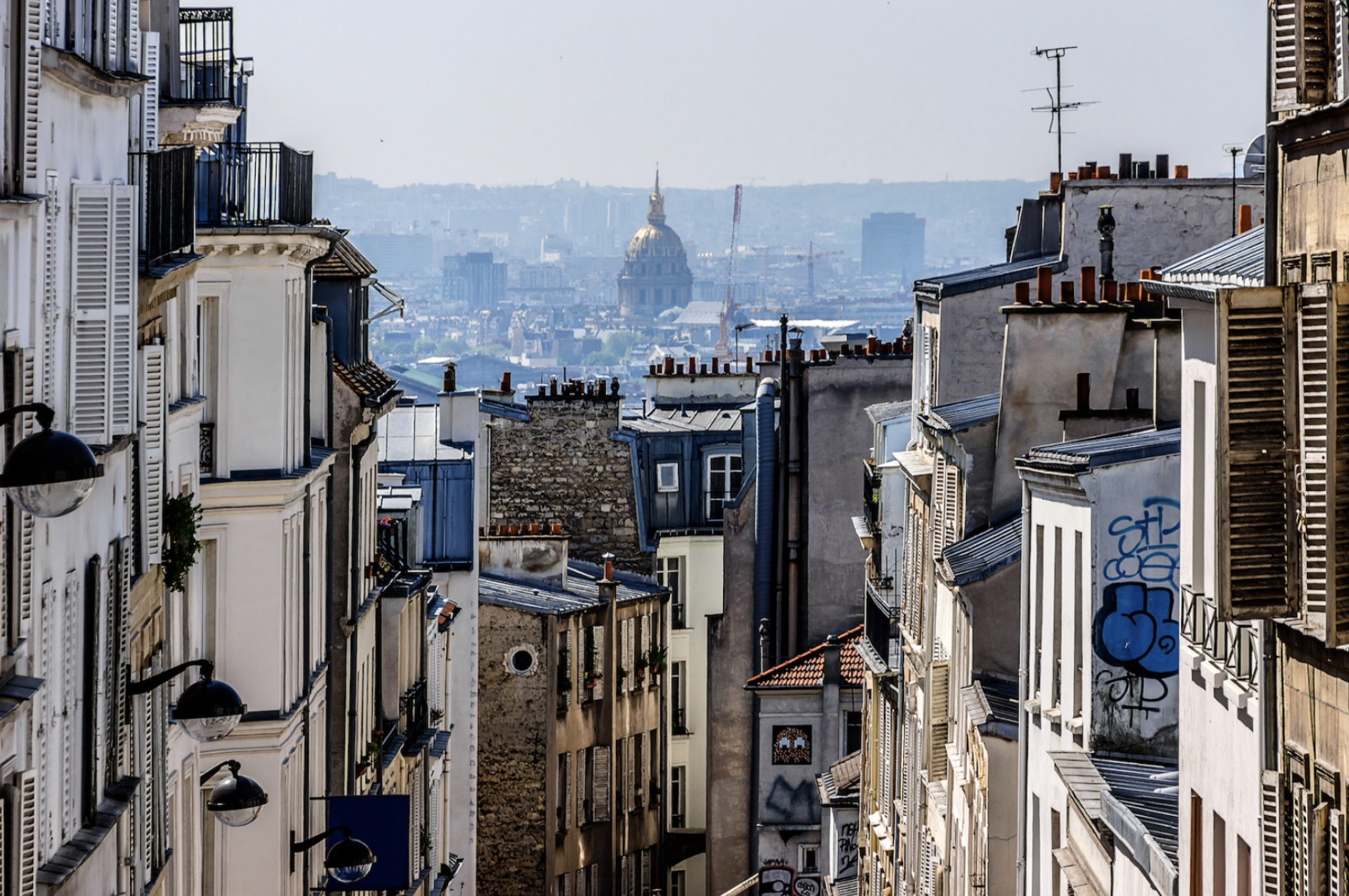


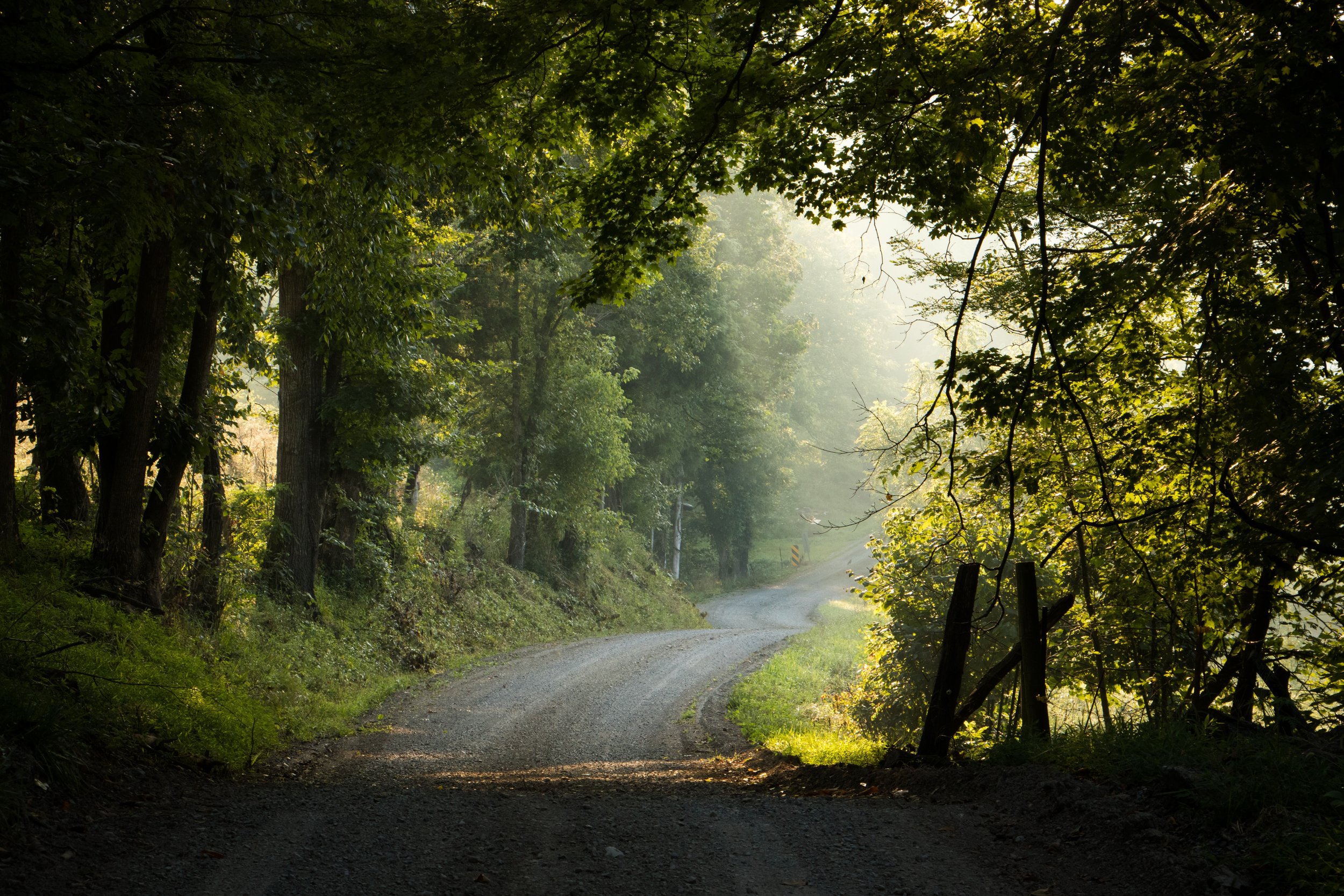

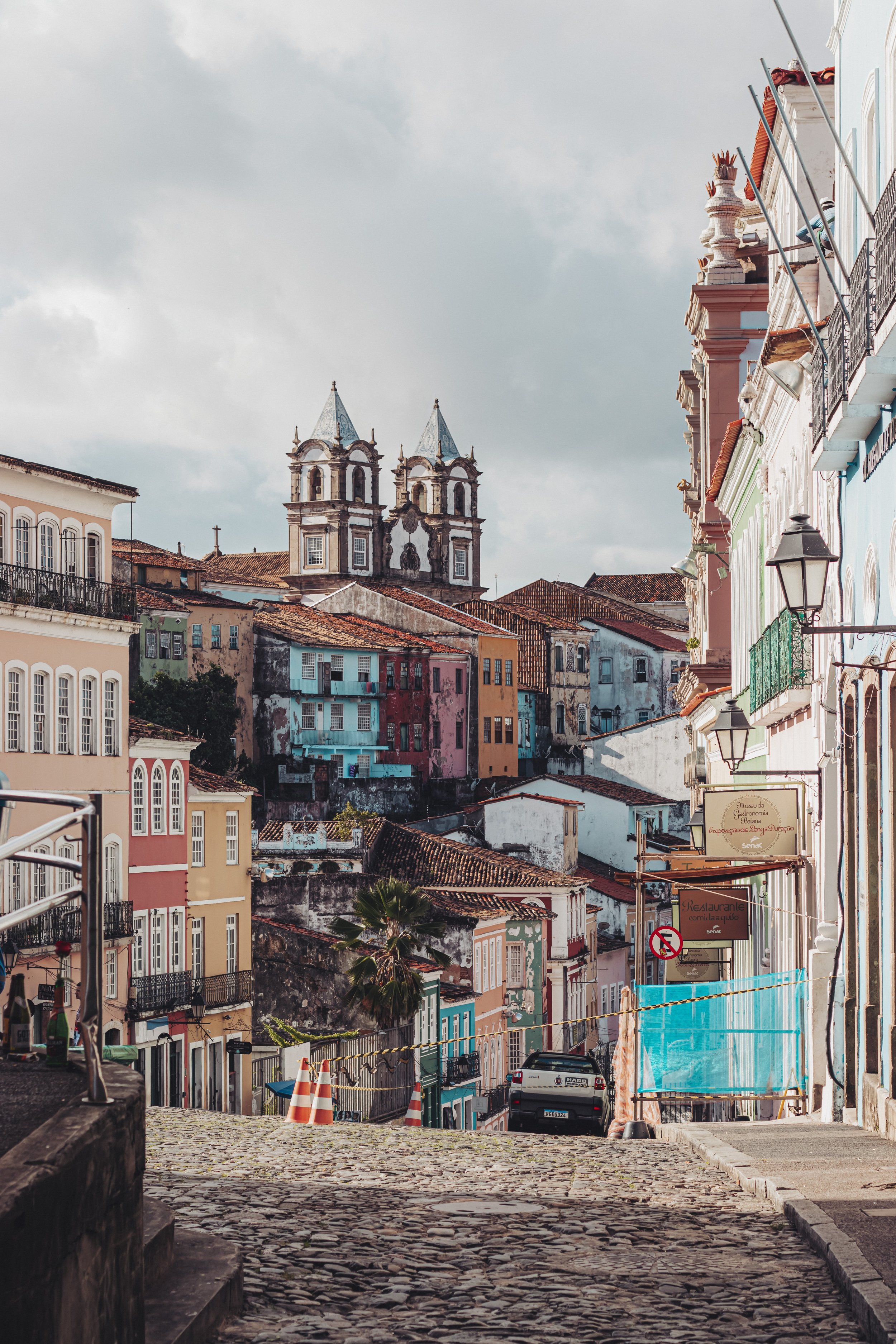
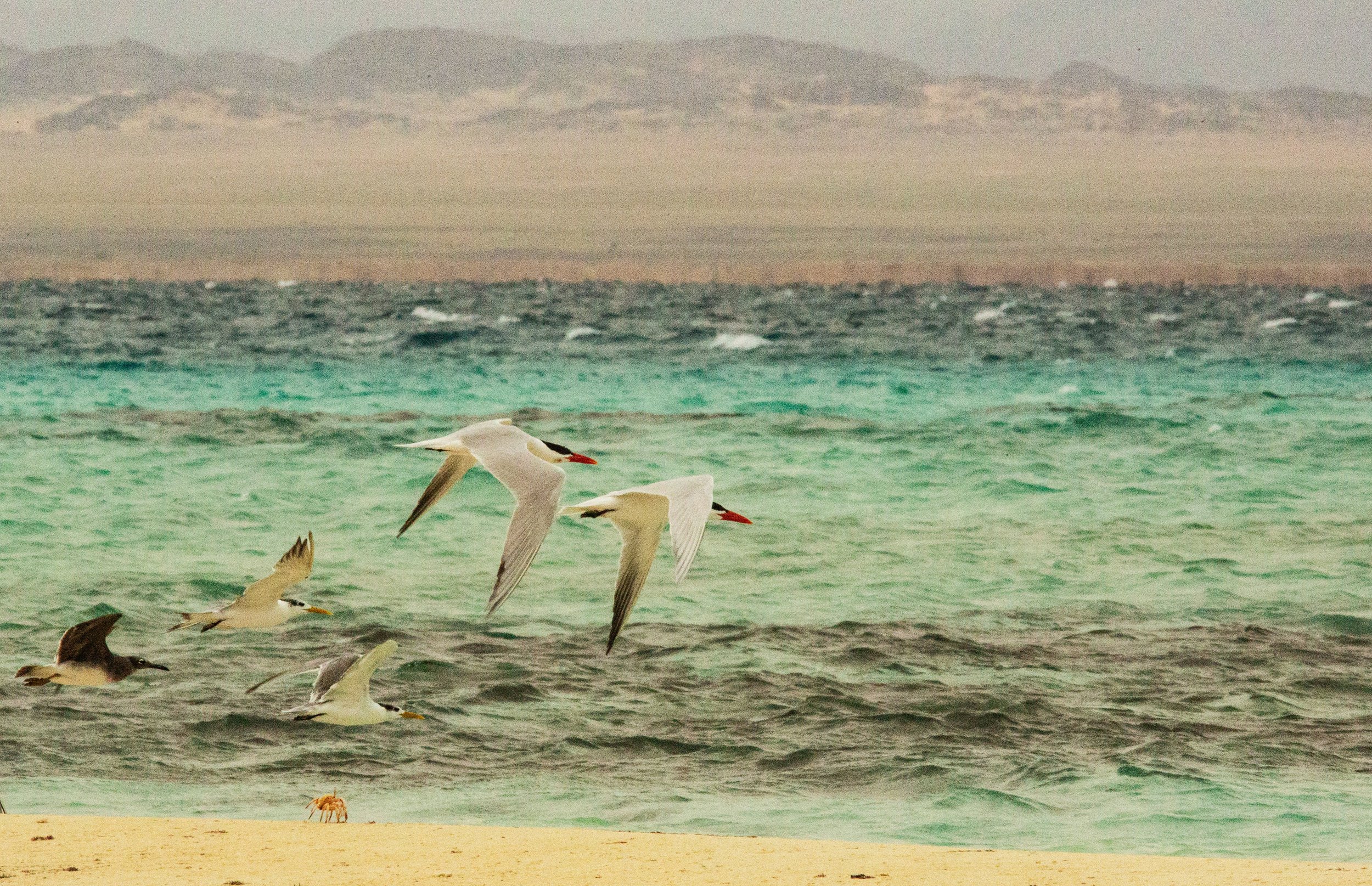
At the end of August 2023, I flew to Indianapolis where my friend, the artist Kate Parnell, picked me up in her mom’s silver Hyundai Sonata of late-90s vintage. It maxed out at 62 mph. Above the license plate, Kate had stuck a bumper sticker that read “Garfield from Memory,” the name of a four-year art project that had become her full-time job. The tagline: “The great thing about painting Garfield from memory is no one can tell you you’re wrong.”